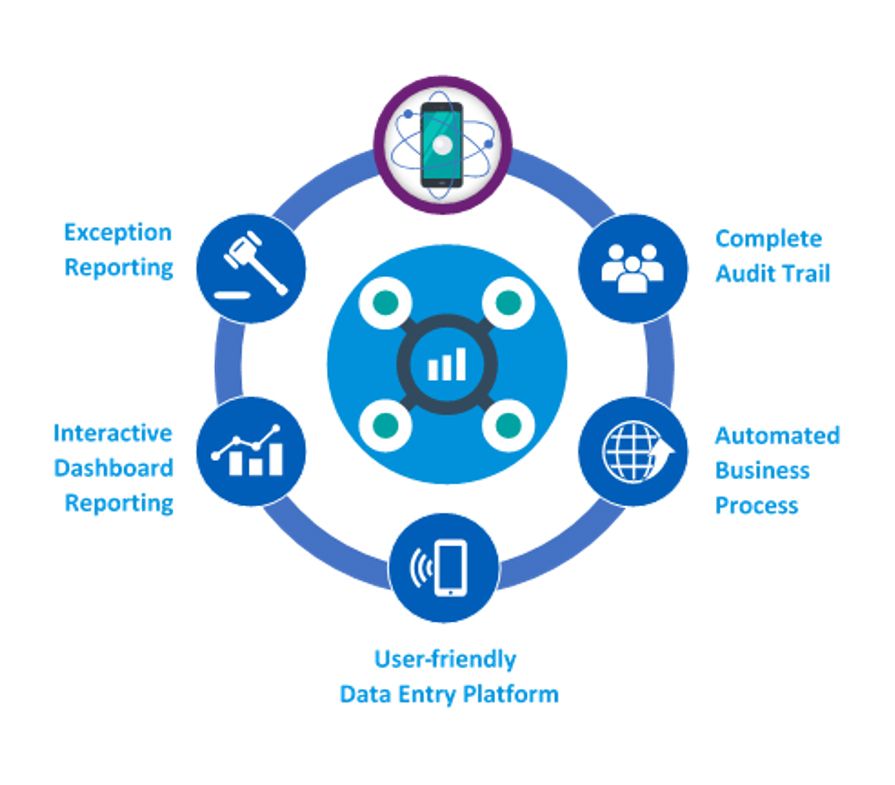Regulatory compliance and governance are always the key focus of every business, and it is evidently more important in this digitalised world. Hence, organisations constantly seek to strike a balance between business performance and compliance. However, many business leaders are facing major challenges to do so.
How can we detect and mitigate risk within our business ecosystem in real time? Who has the authority to approve compliance-related activities? What type of internal controls and review process should we put in place? These are just some of many questions we need to tackle every day to conform to the laws and regulations enforced by regulatory bodies.
A compliance game-changer is driven by the implementation of the Section 17A, MACC (Amendment) Act 2018, which requires companies to apply adequate procedures of prevention, detection, and response of bribery and corruption. This provision stipulates that all data relating to activities which are exposed to risk of bribery and corruption must be properly recorded (including the initiation, review, and approval process).
From the aforementioned, a key question arises: How can we record vast volume of data from regulated activities such as gifts, donations, and sponsorship? A centralised data management system (“DMS”) is what businesses should adopt to address all the compliance challenges. A DMS unifies data entry, automated route of review and approval, anomalies detection, centralised data storage and status monitoring in one single platform. This empowers a clear vision to digitalise business procedures, providing insights that cannot be easily achieved without the help of data technology.
Our client, a world-leading telecommunication conglomerate, believes in our data digitalisation vision. With a strong presence in Asia, the client often finds difficulties in synchronising review process of gifts, donations, and sponsorship transactions across its operating companies in various countries. The client is also faced with challenges of time-consuming manual processes to perform compliance review and management tasks.
With our proposed data solution of centralised DMS, not only does the client becomes a front-runner in the landscape of compliance and corporate governance, the client also improves its group-wide internal controls and risk management processes. The data solution also provides transparency, validation, and completeness of data and insights, helping the client to effectively monitor and respond to anomalies instantaneously.

The key takeaway is to reimagine how data and analytics can help your organisation. Data solutions can turn manual tasks into automated business processes, enabling companies to stay proactive against the ever-changing regulatory landscape. Let us embark in digital transformation today, by using data to drive compliance and governance more effectively.


